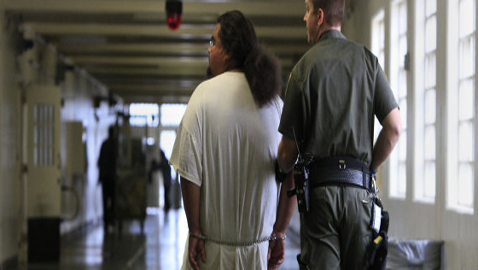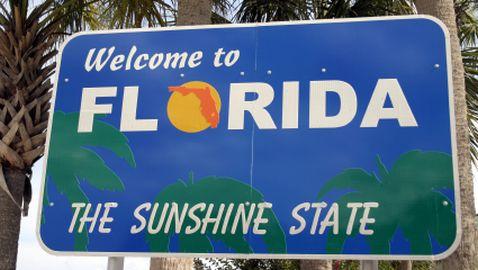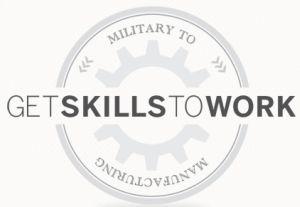If Unicor Wants A Contract, It Gets It: Inmates Seal It For The Enterprise
Post Views 3
In February, Mansh who has around a 100 employees at his factory, Ashland Sales and Service, was in danger of losing a contract to make windbreakers for the U.S. Air Force. He feared the contract would go to Unicor, a government-run enterprise that employed 13,000 prison inmates at wages as low as 23 cents an hour.
Small businesses pay $9 per hour on an average, plus full medical insurance, 401(k) plans and paid vacations. Unicor is exempted from paying its workers minimum wage and instead pays inmates 23 cents to $1.15 an hour. Neither does it have health insurance costs, nor does it have to pay federal, state or local taxes.
The battle between small U.S. factories and government run operations are not new and have been going on for decades. Government enterprises outsource labor to prisoners serving time.
Mansh said that if he lost the Air Force contract he would have to close down his business, rendering his 100 employees jobless. “That’s 100 people buying groceries. We use trucking companies in the town; buy parts and light bulbs there every day. That’s all lost when prisons take away contracts.”
Lawmakers have intervened and asked Unicor to withdraw and relinquish the Air Force contract. The corporation reluctantly obliged. Their reluctance was understandable for it would have generated hundreds of jobs for its workers and seen as proof of its commitment to “provide job skills training to the greatest practicable number of inmates confined within the Federal Bureau of Prisons.”
Employment inmates has been the practice since the government created Unicor in 1934 and there has not been much change in the government’s since the government believes that those inmates who are given employment are less likely to reoffend after being released and stand a better chance of integrating themselves in the mainstream of civil life.
Critics say that the inmates who are paid as little as 12 cents and 40 cents per hour are the main reason why Unicor made $900 million in profits last year. The low wages keep competitors out of the race and the profits are at the expense of small businesses that find it very hard to secure government work.
Moreover, they allege that the fiscal worth that these inmates bring to the bottom lines has seen a shifting of focus from the betterment of the prisoners to profits.
A bipartisan group of lawmakers has proposed that new rules should be made that would create level playing fields for all and change the way prison manufacturing companies do business. The new rules would subject them to more stringer standards that would lead to higher prices.
Rep. Bill Huizenga (R-Mich.), speaking during a congressional hearing investigating the effect of prison manufacturing on private businesses said, “Can you imagine the uproar from the public if we were importing goods manufactured by prison labor in someplace like China? It’s no wonder our American-grown companies have difficulty competing against this goliath, government-owned corporation.”
John Palatiello, president of the Business Coalition for Fair Competition said Unicor’s goals should not come at the expense of small businesses. “Who is being punished here?” he asked, “the inmates who have committed a crime against society, or the employees of private companies who play by the rules?”
If Unicor Wants A Contract, It Gets It: Inmates Seal It For The Enterprise by Harrison Barnes


 Selling Business Notes for Quicker Cash
Selling Business Notes for Quicker Cash  Data Entry From Home, Money Maker or Scam?
Data Entry From Home, Money Maker or Scam?  Presenting Business Plans: Why People Feel Nervous and What You Can Do About It
Presenting Business Plans: Why People Feel Nervous and What You Can Do About It  Business Strategy: Clarify Your Purpose And Vision
Business Strategy: Clarify Your Purpose And Vision